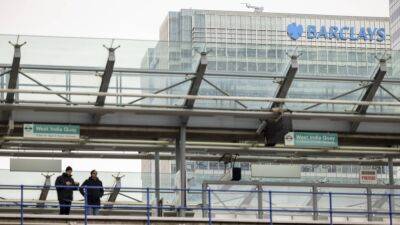Every time a SpaceX rocket explodes, I wonder if we should tax the rich more
O ne strong argument in favor of heavily taxing the super-rich is that billionaires so often seem to have profoundly misguided ideas about how to spend their money. They waste it on solid gold toilets, or – like the Sacklers and the Russian oligarchs supporting Putin’s war – they use it to do harm. Most commonly, they fund wildly expensive vanity projects that gratify their egos while solidifying their position as masters of the universe who are socially, economically and physically insulated from the rest of us.
Among the most ambitious and widely publicized of these programs is the space station, SpaceX, that Elon Musk has built in Texas’s Rio Grande Valley, not far from the Mexican border. Musk founded Space Exploration technologies in 2002. His stated aim is to produce rocket ships capable of transporting a hundred passengers and large amounts of supplies and equipment into outer space – to explore the moon and eventually, Musk hopes, to colonize Mars. The first Falcon 1 rockets were tested in 2006. Twenty-six rockets have been launched in 2023 alone.
The project made headlines recently when, on 20 April, Starship, the largest rocket ever made, exploded over the Gulf of Mexico, 4 minutes after take-off. Journalists and onlookers followed the countdown with a kind of breathless excitement and the so-called “rapid unscheduled disassembly” didn’t seem to matter all that much to the press, to Musk, or to his workers.
One kept hearing that success was not really the issue for Musk, that indeed failure was success in that it was (allegedly) a positive sign of progress. One could watch footage of SpaceX employees cheering the launch, their exuberance undiminished when the rocket blew up. Even some of Musk’s critics seem
Read more on theguardian.com




















